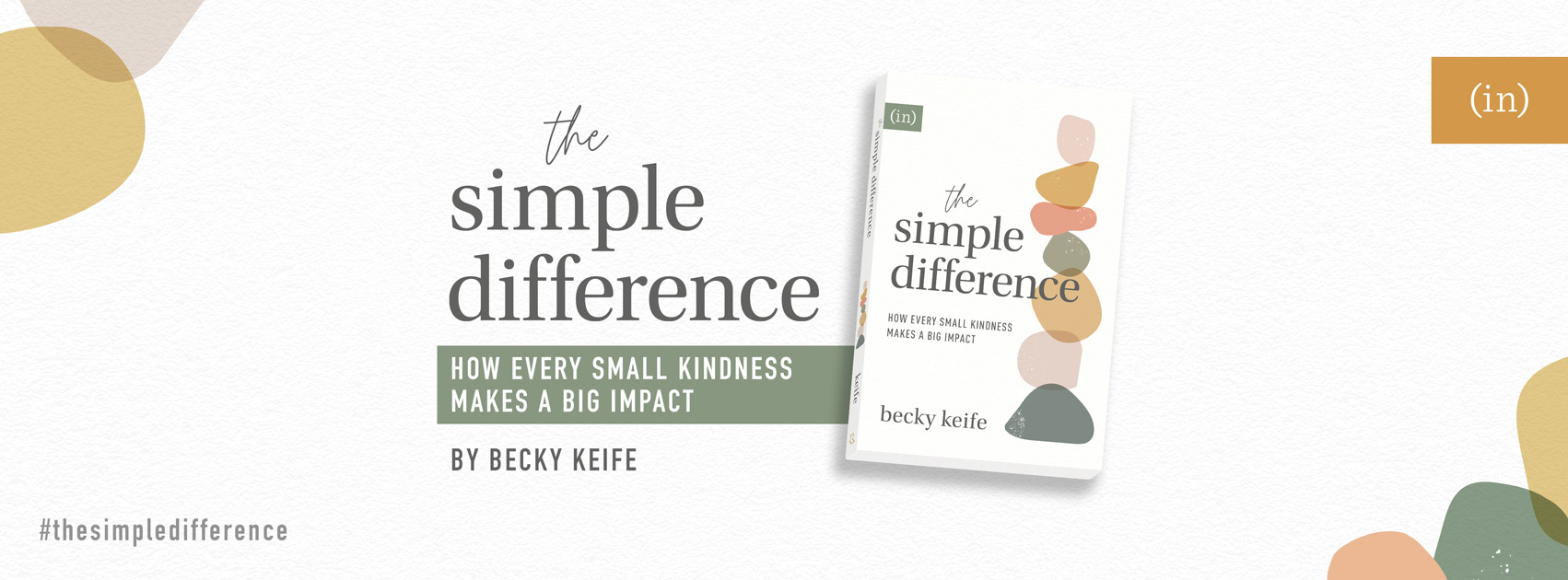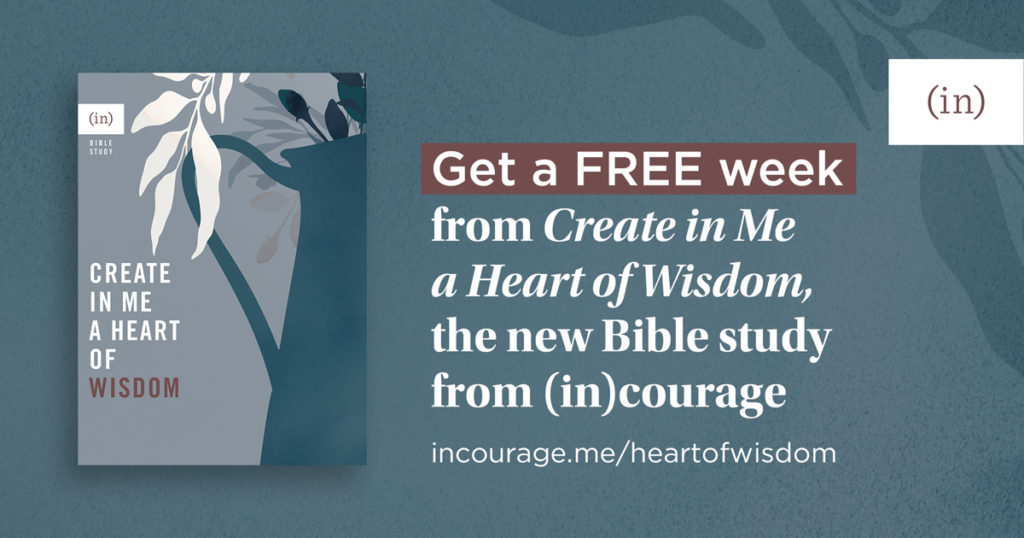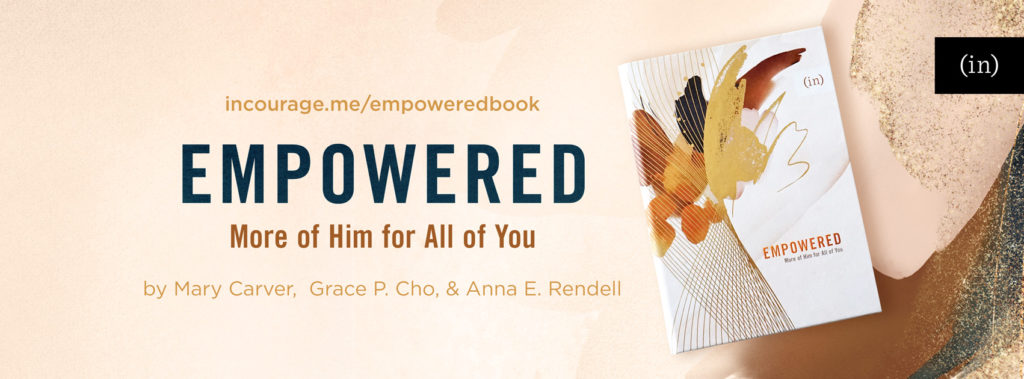If you’ve gotten anything at all out of following Christ, if his love has made any difference in your life, if being in a community of the Spirit means anything to you, if you have a heart, if you care — then do me a favor: Agree with each other, love each other, be deep-spirited friends. Don’t push your way to the front; don’t sweet-talk your way to the top. Put yourself aside, and help others get ahead. Don’t be obsessed with getting your own advantage. Forget yourselves long enough to lend a helping hand.
Philippians 2:1-4 (The Message)
I’ll never forget the flight from LAX to DFW when I sat next to a mom and her young son named Jack. It wasn’t the “relax and prepare for my conference” flight I had hoped for. Rather, it was punctuated by a toddler’s kicks and shrieks and invading my personal space. But God touched my heart and asked me to exchange my frustration for the opportunity to be the blessing.
Be the answer to my prayer for kindness. Be the one who sees a stranger through God’s eyes of love and compassion instead of my own judgment and inconvenience. It was only Jesus in me that prompted me to get off the high horse of my own annoyance and pause in prayer for this struggling mama-son pair. I’m so grateful the Lord gave His Spirit to whisper to mine.
But it’s not enough just to hear. Our faith grows legs for change when we turn that hearing into doing.
The small shift from self-focused to others-focused, from perception to action, is the beginning of the simple difference.
Through the gift of flying next to Jack and his mom, I saw with fresh eyes how our lives are made up of millions of moments stitched together with countless opportunities to decide what kind of mark we’re going to leave.
At the airport, dry cleaners, doctor’s office, or school pickup; where you worship, work, walk, and shop; when you’re coming and going, when you’re waiting and complaining; whether you’re dancing in the rain or limping through the desert, on a dusty country road or a slick city street — in all places at all times, you and I have a choice: What kind of difference are we going to make?
Are we going to go through life on the autopilot of our own convenience and personal preference? Or will we learn to live with eyes wide open to the individual beauty and needs of the people around us? Are we willing to make our daily errands and agendas an ongoing opportunity to live soft and surrendered to the Holy Spirit’s leading?
This isn’t about totally changing the course of our lives; it’s about letting God change us and work through us in the very midst of our ordinary days. To say, As I go on my way, Lord, have Your way with me.
TODAY: Look for an opportunity to be the blessing in someone’s day.
This article was written by Becky Keife and adapted from her (in)courage book, The Simple Difference.
—
Today on the podcast — a bonus episode! Listen in as Bonnie Gray reads her chapter, titled How to Deal With Toxic People, from our newest book, Come Sit With Me. Listen at the player below, or wherever you stream podcasts.


 What a powerful story of wisdom from the new (in)courage Bible Study,
What a powerful story of wisdom from the new (in)courage Bible Study, 